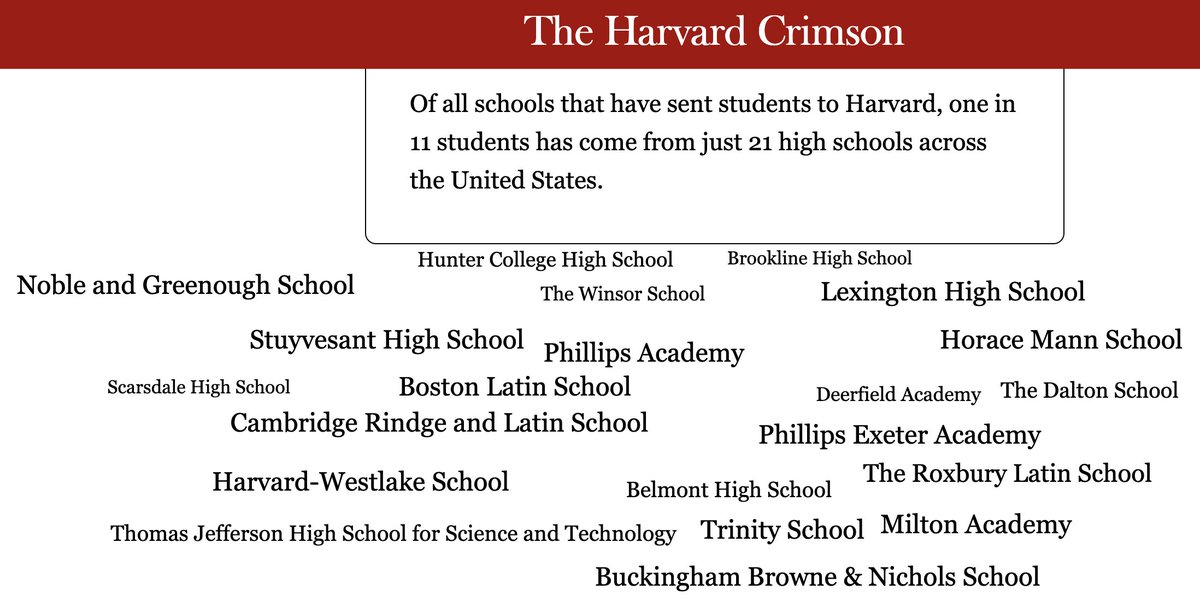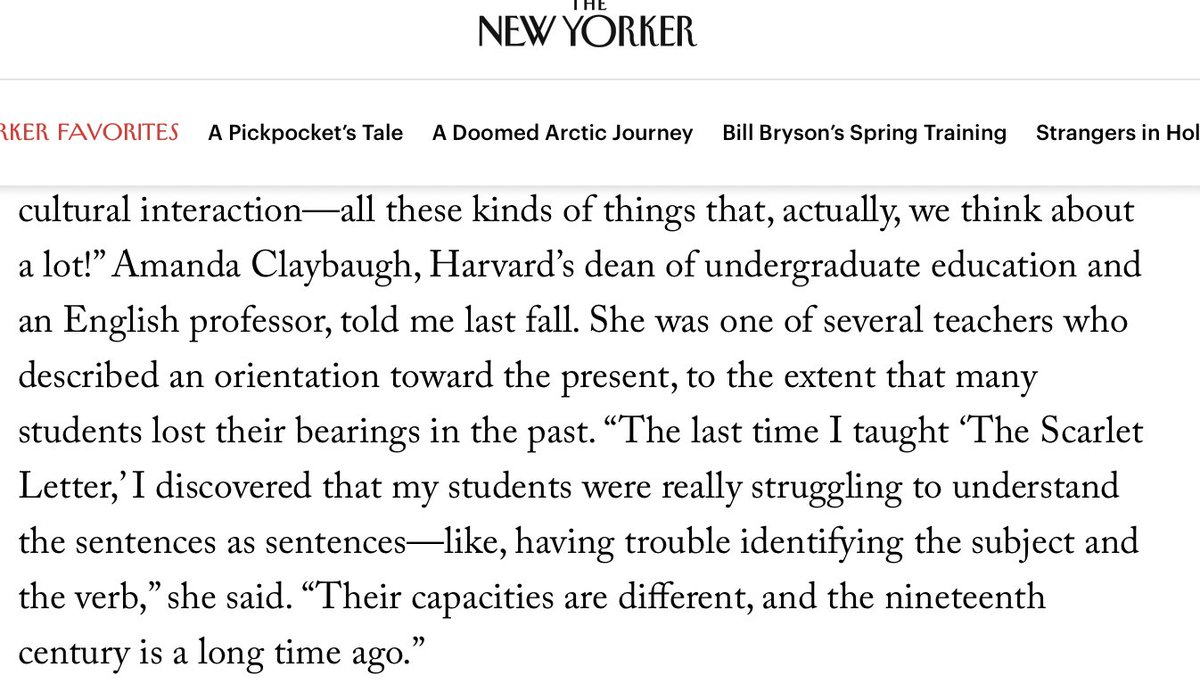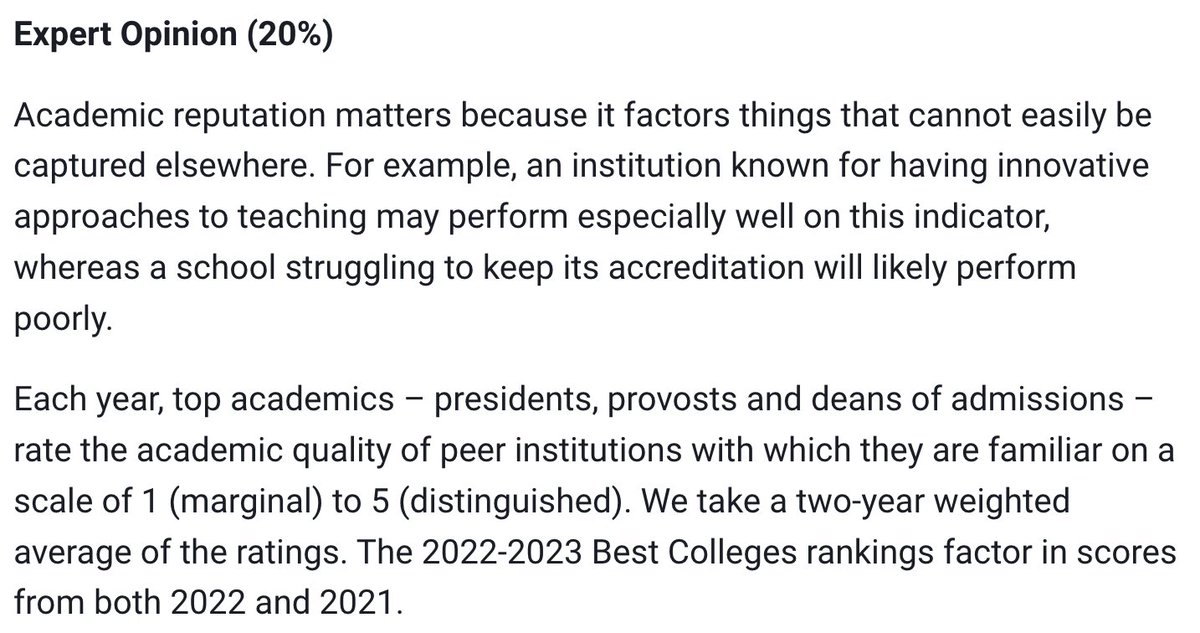The president of Harvard apologized for "suggest[ing]...that just as the 13th Amendment banned the ownership of African-Americans, Harvard’s individual schools could no longer “own” their specific wealthy graduates."
That's quite a glimpse into a mind.
bostonglobe.com/metro/2019/09/…
That's quite a glimpse into a mind.
bostonglobe.com/metro/2019/09/…
And he went for the classic "I'm sorry if you're feelings got hurt" apology, favored by people who apologize under duress. Why not just go for, "I'm sorry I said something offensive?" 

If that's not enough for you, keep in mind that he said that as he was talking about *future* fundraising for Harvard, which last year closed a capital campaign that raised $9.6 BILLION. They paid $0 in taxes on that money. thecrimson.com/article/2018/9…
With that kind of wealth, you'd think Harvard could at least match UCLA or, heck, Amherst on the % of low-income, Pell Grant recipients it enrolls. Pell goes to students from households with less than $60K income, or just about the income of HALF of US households. 

*your, not you're #editbutton
• • •
Missing some Tweet in this thread? You can try to
force a refresh












